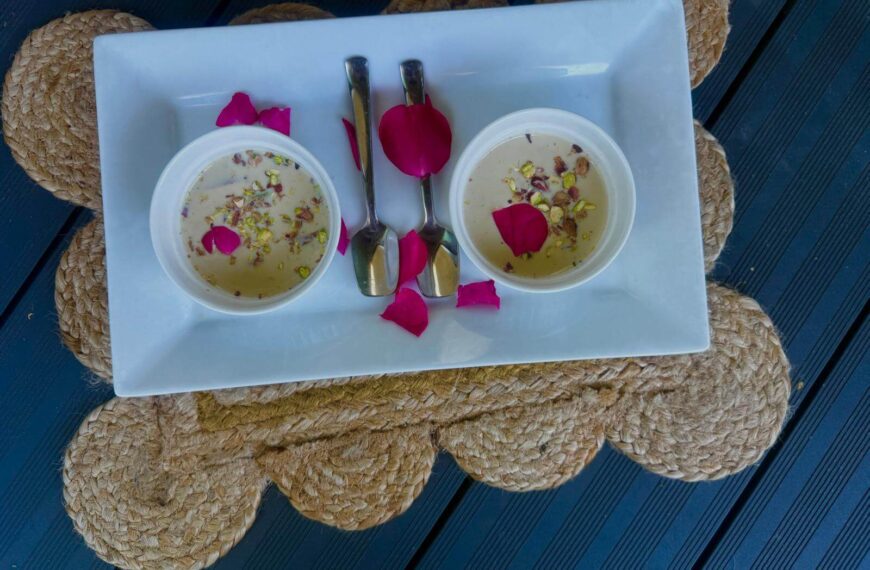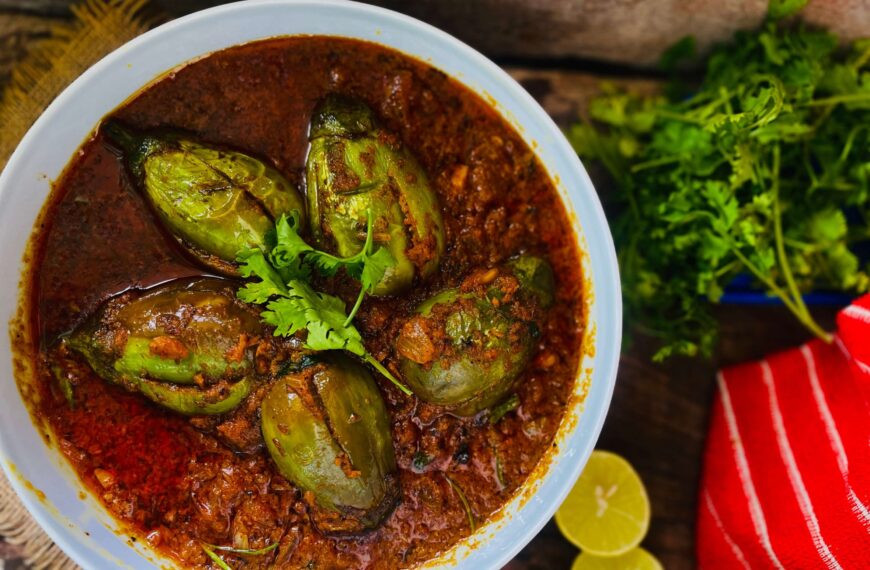Urdu has been an integral part of Allahabad’s vernacular heritage. The Ganga-Jamuni tahzeeb (culture) gets its name from the city of two rivers, Ganga and Yamuna, where these confluence as Triveni Sangam. Sehar talked to various well-known people of the city. She tells us about the love for Urdu, as stated by the respondents, in the regular column, exclusively for Different Truths.
saliiqe se havaa.o.n me.n jo KHushbuu ghol sakte hai.n
abhii kuchh log baaqii hai.n jo urdu bol sakte hai.n
-Unknown
Having missed out on the last week’s column, I did feel a vacuum setting in. Still recovering from the changing weather syndrome, I planned to come up with this shorter piece of literature. This time, I asked Allahabadis to share with me their experiences and anecdotes connected with Urdu.
I would begin with the lines posted by Saad Usmani on a group followed and used by many Allahabadis:
“Urdu hamare mulk ki waahid zubaan hai
Ganga ki jisme rooh aur jamuna ki jaan hai”
In the lines of Marhoom Taufiq Etawi, posted by Tehsin Pasha, the essence of Urdu mixed with Allahabad’s culture come out beautifully:
Hai koyee zuban ( ज़ुबाँ ) jo is ki ham paaya hai , Urdu ne har eik ( एक ) दिल को अपनाया hai , sach hai bkhuda qaul ye Sir Sapru ka , sab qaumon ( क़ौमों ) का mushtariq ye sarmaaya hai.
The above lines can be loosely translated as: “Is there any language which can equate to the excellence of this language that has won every heart, the words of Sir Sapru are true by God, this is the wealth that belongs to all the communities equally.
 Sir Tej Bahadur Sapru, was an eminent personality of Allahabad during the colonial regime. He was a jurist and a celebrated statesman who was trusted by Indian leaders and intellectuals for words of advice. One of his most prominent acts was his mediation which helped to bring about the Gandhi-Irwin Pact (1931), by which the Mahatma Gandhi terminated the civil disobedience movement.
Sir Tej Bahadur Sapru, was an eminent personality of Allahabad during the colonial regime. He was a jurist and a celebrated statesman who was trusted by Indian leaders and intellectuals for words of advice. One of his most prominent acts was his mediation which helped to bring about the Gandhi-Irwin Pact (1931), by which the Mahatma Gandhi terminated the civil disobedience movement.
Allahabad has always been a seat of plural culture, hence the prevalence of Urdu and its use by the locals comes from the same.
According to Hasan Naqvi, “Urdu ek aisa mixture (agar Ilahabadiyon ko Dr Soor yaad hon toh) tayyar kiya gaya jo har lehaaz se behtar hai ,asaan bhi aur saqeel bhi.
(Urdu is a mixture of two languages which in every perspective is easy, exuberant and fluent).
Ek baat ji main Allahabad se jod kar kahna chahta hoon (kyonki yahan bahut hi aasaan zuban boli jaati hai) poore hindustan ki mediya ki zuban, Bollywood ki zuban Allahabad mein boli jaane wali woh meethi aur aasaan boli hai jiska istemal ham Ilahabadiyon ke liye fakhr ki baat hai … aur kisi bhi shaher ka dilect na to mediya aur na hi Bollywood mein use hota hai”
(Urdu is the only language which is used in Bollwood, media and Allahabad, no other language enjoys such a pan Indian status).
Thelma Taylor, delves into the past and narrates the incident when she was called by her father to read a letter presumed to be written in Devanagari script, “It was the year 1973. My father received a notice from the lower court. I was called to read the letter because it was in the Devnagri script. I hardly understood the contents because almost all the words of importance were of the Urdu language. My parents, of course, understood it all since they both belonged to the old school, where Urdu was practically their second language and Hindustani was the mother tongue. However, the contents were being translated into English for my benefit! It was a laughable situation.”
A familiar personality for many Venita Lyall Banerjee, whom we fondly call Venita Aunty shares her childhood memories and how the language cut across cultures and communities, “I still possess my grandmother’s Urdu copy of the Bible. My mother knew how to read Urdu, which was their second language. It is unfortunate that our generation did not learn the beautiful language that is so much a part of our culture, of poems, songs and writings, of markings on architecture, etc., but still many use Urdu words in our everyday conversation out of sheer habit.
On this Thelma Taylor adds, “My father’s Urdu Bible is with me. He read it every single morning! On weekends he would read his English Bible”
Another interesting anecdote comes out of Nagesh Prasad’s treasure box of childhood memories, “My father was in the civil service (he retired as Addl. Commissioner, Allahabad) during the British rule and had studied and knew Urdu as well as Persian (Farsi). I studied in St. Joseph’s and hence had no knowledge of Urdu. But my father had the foresight and the wisdom to get us (my elder brother and me) to learn the Urdu script – reading and writing, during our two-month long summer vacations every year from class six to eight. Today, I can read and write Urdu only due to this exercise of my father, which we wholeheartedly detested, at that time.”
It is clear that Urdu never belonged to a certain community it was loved and owned by every Indian, Allahabadis have given this language its due by hosting mushairas and kavi sammelans to keep up the essence of this language and other vernacular languages in the city.
I hope you enjoyed reading this, will come back next week with something more exciting from the treasures of Allahabad and Urdu. Till then signing off, with this couplet:
bād-e-nafrat phir mohabbat ko zabāñ darkār hai
phir azīz-e-jāñ vahī urdu zabāñ hone lagī
Yaqoob Aamir
©Sehar Siddiqui
Photos from the internet.
#UrduLiterature #MahatmaGandhi #HasanNaqvi #GangaAndYamuna #Allahabad #DevnagiriScript #TejBahadurSapru #DifferentTruths






 By
By

 By
By